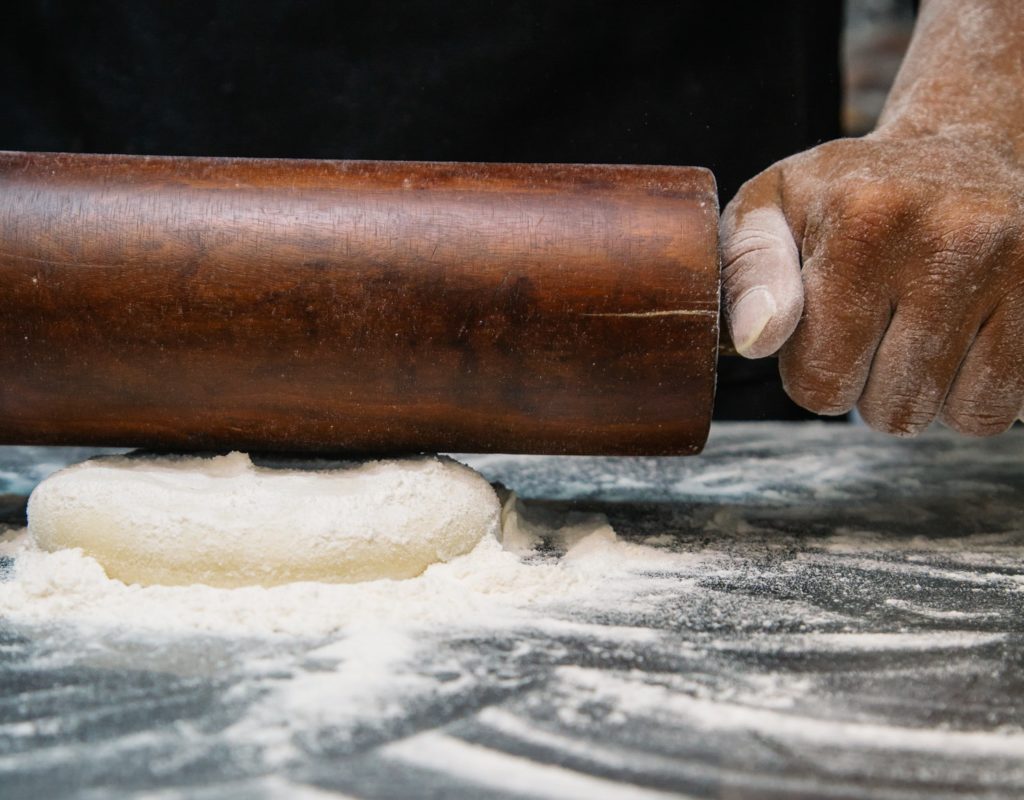17 Jul Look Behind the Curtain: ACF Reveals Quick Look at Taking the Practical Exam

The ACF’s reputation remains strong for demonstrating skill, knowledge, and professionalism to the foodservice industry. For a chef or culinary professional, earning certification through the ACF is favorable for success in your career. The ACF puts it as: “Certification is the feather in the cap for a chef’s marketability.” You can read more about what the ACF is on our previous blog post.
Becoming ACF certified requires a few different qualifications, such as previous education, continuing education hours, job experience, and of course the Practical and Written Exams. While all of your mandatory certification and recertification courses can be taken through 123ce, many food service professionals are more concerned with getting enough practice on the practical exam before standing in front of an evaluation team holding their clipboards.
Luckily, the ACF blog, We Are Chefs, posted an article revealing what to expect when taking the practical exam. Reading this will provide more accurate expectations and take the fear out of the exam to help you prepare efficiently and succeed to the best of your abilities.
1. Mindset is everything
Candidates feel very similarly to a performer auditioning for their dream role. Most individuals feel more nervous performing in front of their peers but add on to that the pressure of performing in front of other chefs holding clipboards and taking notes while you complete your tasks. Tim Bucci’s, CMC, CCE, best advice for these moments of stress is to remember “just because [the evaluators] write something down doesn’t mean its negative.” Don’t second guess yourself by doubting these evaluators could be making good or even great remarks. Your self-confidence in your abilities should help to calm your nerves.
2. Prepare for Company
For time efficiency to all candidates and evaluators, most tests are done with a couple chefs working side by side, even those at different stages of their careers can be evaluated at the same time. From the moment you arrive, evaluators will be taking notes on how “organized and level-headed” each candidate is. Other small details that will be evaluated are your organizational skills and your overall professional appearance, such as composure and posture. Lastly, a detailed menu packet is expected to be handed to the evaluators at the beginning of your session. This packet should include everything the candidate will create and perform such as: knife cuts, cooking techniques, ideal menu for customers, and other pertinent information. You will have three hours to set up and create the dishes exactly how they are presented in the menu and a 15 minute time allotment for plating and serving.
3. Cook at the level of your certification
The evaluators are expecting you to cook at the level of the certification you’re applying for. The ingredients you choose to use should be based on the standard list expected by the certification level you are pursuing. Some items that affect your score include: how food waste is handled, ingredients integrity, and plating aesthetics. You can preview a sample score sheet on the ACF website.
As long as you are well prepared and hold yourself with certainty, the evaluators will see your level of effort and consider your professionalism as they complete the critiques. For more information, and to read the original blog post by “We Are Chefs” you can read that here.


